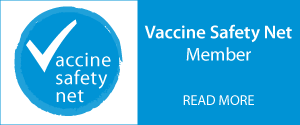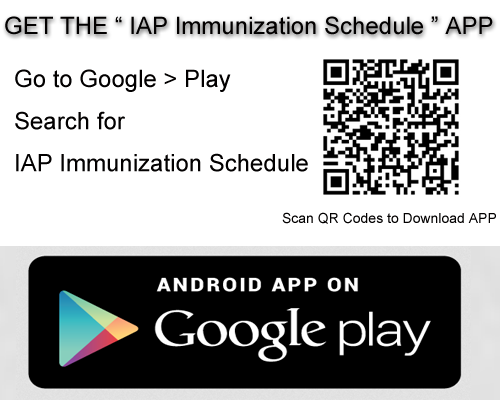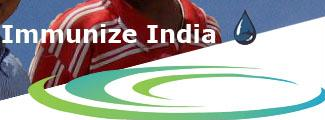Who Needs to be Vaccinated?
What pneumococcal conjugate vaccines are available in the US?
Prevnar 13, or PCV13, is a vaccine that covers 13 pneumococcal serotypes, which cause the majority of pneumococcal infections in young children. PCV13 has been licensed and recommended for children in the US since February 2010. PCV13 replaced the previous version of Prevnar®, known as PCV7, which included 7 pneumococcal serotypes.
Why was PCV13 developed?
There are more than 90 strains (serotypes) of pneumococcal bacteria and the first pneumococcal conjugate vaccine (PCV7) protects against 7 of them. Before PCV7 was introduced, these 7 serotypes were responsible for over 80% of severe pneumococcal infections among children. Now that PCV7 has been in use since 2000, there is significantly less pneumococcal disease. Even though there is less disease, other strains of pneumococcal bacteria have become more common - particularly one serotype, 19A. PCV13 includes the original 7 serotypes in PCV7 plus the 6 additional serotypes, including 19A. This gives us a vaccine that protects against the most common strains of pneumococcal bacteria responsible for severe pneumococcal infections among children.
Will PCV13 be given to children who already received PCV7 or PPSV?
Yes, depending on your child's situation and age. Ask your healthcare provider for details.
Is PCV13 safe?
The first pneumococcal conjugate vaccine (PCV7) was extensively tested in more than 18,000 children before being licensed by the Food and Drug Administration (FDA) as safe and effective. After the vaccine was licensed, PCV7 safety was evaluated in more than 65,900 children and no major safety problems were identified.
The safety of PCV13 was assessed in 13 studies in which over 4,700 healthy infants and toddlers were administered at least 1 dose of PCV13 and over 2,700 children received at least 1 dose of PCV7 with other routine pediatric vaccines. The most commonly reported (more than 20% of subjects) adverse reactions were injection-site reactions, fever, decreased appetite, irritability, and increased or decreased sleep. The frequency and severity of local reactions at the injection site (pain/tenderness, redness of the skin, and induration/swelling) and systemic reactions (irritability, drowsiness/increased sleep, decreased appetite, fever, and restless sleep/decreased sleep) were similar in the PCV13 and PCV7 groups. These data suggest that the safety profile of PCV13 is comparable to PCV7.
See the pneumococcal disease Q&A for more information on pneumococcal vaccine safety.
Ongoing surveillance for PCV7-associated adverse events has been conducted since 2000 by CDC and FDA using the Vaccine Adverse Event Reporting System as well as by the vaccine manufacturer. This monitoring of PCV13 safety will continue. Any adverse events can be reported by healthcare providers or patients to VAERS at 1-800-822-7967.
Has PCV13 been linked to any serious condition at all?
PCV13 continues to be monitored, like all vaccines, for any safety concerns. Monitoring that's been done during the 2010-11 flu season suggests that when flu vaccine and PCV13 are given on the same day, there may be an association with febrile seizures in children 12-23 months old. CDC is committed to further analyses and assessments to monitor the safety of PCV13. For PCV7, a considerable body of scientific evidence found it to be safe and effective against a very serious pathogen. Unfounded claims can cause harm to children if they result in less protection for them against potentially serious diseases
Can I (safely) wait to give PCV13 until my child is a year old in order to reduce the number of shots?
Because the risk of invasive pneumococcal disease is greatest for children less than a year of age, the greatest advantage in disease prevention can be obtained by vaccinating your child at 2, 4 and 6 months of age.
Does PCV13 contain thimerosal, a mercury-containing preservative?
No. PCV13 does not contain thimerosal.
Last Updated : 10/01/2020
© Copyright 2015, All Rights Reserved by ACVIP. Powered by: ITindustries.com







